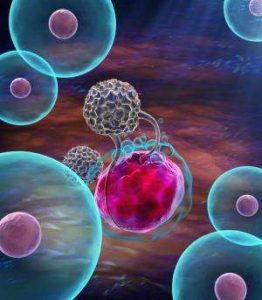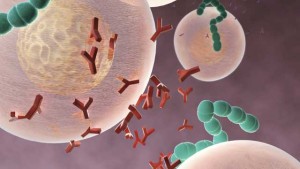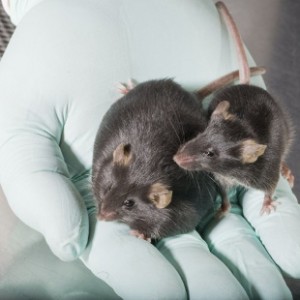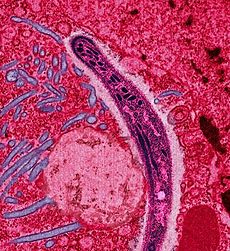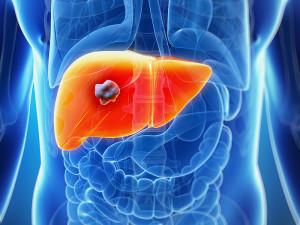Highlights
- •T cell immunotherapies can eliminate antigenically heterogeneous tumors
- •Neutrophils are recruited and are responsible for killing antigen loss variants
- •Anti-tumorigenic neutrophils display a distinct genotype and phenotype
- •Neutrophil activation is observed in patients treated with T cell immunotherapies
Summary
Cancer immunotherapies, including adoptive T cell transfer, can be ineffective because tumors evolve to display antigen-loss-variant clones. Therapies that activate multiple branches of the immune system may eliminate escape variants. Here, we show that melanoma-specific CD4+ T cell therapy in combination with OX40 co-stimulation or CTLA-4 blockade can eradicate melanomas containing antigen escape variants. As expected, early on-target recognition of melanoma antigens by tumor-specific CD4+ T cells was required. Surprisingly, complete tumor eradication was dependent on neutrophils and partly dependent on inducible nitric oxide synthase. In support of these findings, extensive neutrophil activation was observed in mouse tumors and in biopsies of melanoma patients treated with immune checkpoint blockade. Transcriptomic and flow cytometry analyses revealed a distinct anti-tumorigenic neutrophil subset present in treated mice. Our findings uncover an interplay between T cells mediating the initial anti-tumor immune response and neutrophils mediating the destruction of tumor antigen loss variants.


